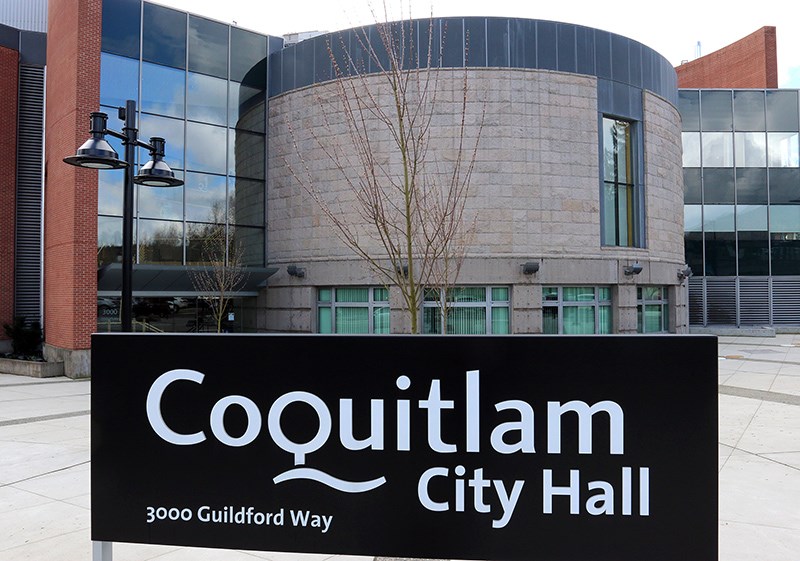The Editor,
Re. “Frustration blooms over Burke boom” (The Tri-City News, July 14).
I don’t understand why Port Coquitlam council is so angry at Coquitlam. This is what happens in a large, growing metropolis like Vancouver. This is also what happens when self-serving politicians refuse to allow their cities to finally amalgamate and reduce costs for taxpayers.
Why must there be so many different cities within one metropolis is hard to understand. All those extra politicians, mayors, fire chiefs, etc. So much duplication, and when it comes to development, nothing can ever get done smoothly.
Whenever amalgamation is brought up, it is hard not to notice local politicians’ deafening silence. PoCo is living next to its own proverbial elephant that has decided to twitch again.
Maybe the Tri-Cities should join all the other ones and just become one proper Metro Vancouver. It may have made sense to be separate 100 years or so ago but today, it is impractical. In this fast-changing age of constantly new technology, it is surprising how hard our local politicians insist on hanging on to the outdated past.
In one contiguous city, Coquitlam’s right to develop its land would not be hindered by a small, surrounded PoCo, as PoCo would not, and should not, exist anyway.
Corey Bronfen,
Port Coquitlam
•••••••••••••••
‘LIVABILITY’?
The Editor,
Residential growth is directly related to something called the “gospel of wealth.” This driving force is not without benefits in terms of employment for the duration of a project, and thereafter there is an increase in civic employment plus, importantly, the commerce generated by growth. All well and good.
But the sense of community, the kind that use to create such things as ratepayers associations, has faltered. Some of us recall when Coquitlam dead-ended Como Lake Avenue at Clark to force commuters to go around the city rather than through. Port Coquitlam did the same on Pipeline Road.
It seems only when a person’s view is blocked, then you hear about the loss of livability.
There is no doubt that the quality of living in our urbanized environment has diminished. Where once developers prompted city councils to forget about demanding sidewalks, now their efforts move to small housing lots and smaller parking spaces at the mall.
The mayor of Port Coquitlam stated in last Friday’s Tri-City News that his city is “bearing the brunt of Burke [Mountain]” due to the downhill movement of traffic and other issues. You can add also the lack of forward planning for schools and hospital beds.
So what is “livability”? Do you think the Metro Vancouver Growth Strategy group pondered the meaning of this term and ensured it is instilled in the so-called strategy? I would bet it was never mentioned.
They are pushing tens of thousands of homes on Burke. Keep up the good fight, Mayor Moore and Coun. Brad West, but for now, there seems to be no future “livability” at the bottom of your hill or any hill.
Good planning and common sense have long evaporated. We will just have to put up with the never-ending traffic.
Brian Robinson, Coquitlam



